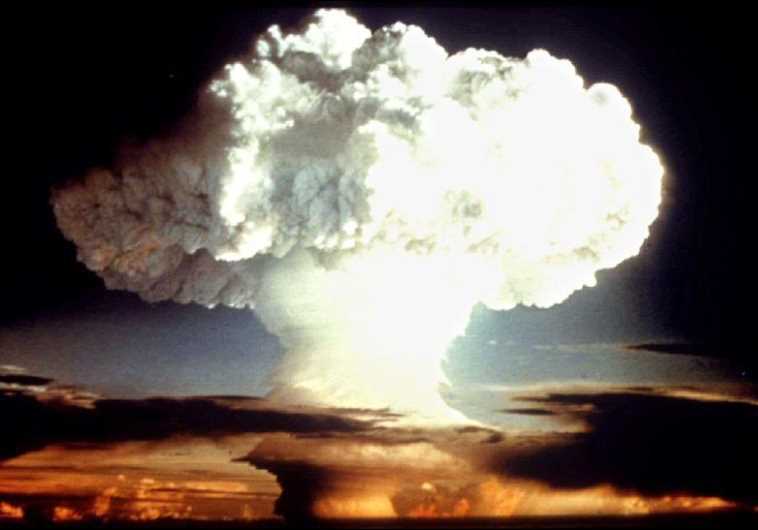A Trump presidency and corollary risks of nuclear war
Today with the plausible prospect of a president Trump, General Taylor’s 1976 warning must take on substantially greater meaning.
 A nuclear test explosion from April 1954 is shown in this undatelined photo from the US Defense Department
A nuclear test explosion from April 1954 is shown in this undatelined photo from the US Defense Department